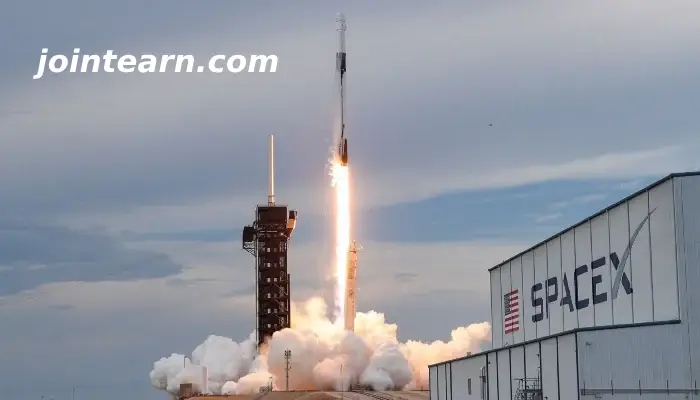SpaceX Aims for Historic Mars Launch Despite Recent Setbacks
SpaceX founder Elon Musk has announced that the company’s Starship rocket is scheduled to launch its first mission to Mars by the end of 2026. If initial missions succeed, human landings could take place as early as 2029, though Musk suggested 2031 is a more realistic timeline.
Starship: The Key to Mars Colonization
Standing at 123 meters, Starship is the largest rocket ever built and central to Musk’s vision of making humanity a multi-planetary species. However, the project has faced multiple challenges, including recent test failures. Just last week, a Starship rocket exploded shortly after liftoff from Texas, marking the second such failure in 2024 following a similar “rapid unscheduled disassembly” in January.
SpaceX has pledged to analyze data from the latest test to identify the root cause, emphasizing that the explosion occurred after losing several engines mid-flight. The Federal Aviation Administration (FAA) has mandated an investigation before SpaceX can proceed with another test launch.
NASA’s Plans for Starship in Lunar Missions
NASA plans to adapt Starship as a lunar lander for its Artemis missions, which aim to return humans to the Moon. Despite recent failures, SpaceX remains committed to refining the rocket’s capabilities for deep-space travel.
Musk’s Vision for Mars Exploration
Musk has long pursued Mars exploration, initially planning to send his Dragon spacecraft to the Red Planet as early as 2018. In 2020, he predicted SpaceX would land humans on Mars by 2026. Now, the company is targeting an unmanned mission in 2026, followed by crewed flights within four years.
The upcoming Mars mission is expected to carry Tesla’s humanoid robot, “Optimus.” Unveiled last year, the AI-powered robot is designed for everyday tasks and is projected to cost between $20,000 and $30,000.
SpaceX Continues ISS Missions Amidst Mars Plans
Amid its Mars ambitions, SpaceX successfully launched a Falcon 9 rocket on Friday, transporting a crew to the International Space Station (ISS). Meanwhile, astronauts Butch Wilmore and Suni Williams, who were initially scheduled for an eight-day stay, have remained on the ISS for over nine months due to technical difficulties with Boeing’s experimental spacecraft.
Despite setbacks, SpaceX remains at the forefront of space exploration, determined to revolutionize interplanetary travel and make Mars colonization a reality.












